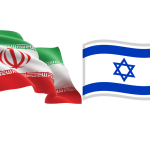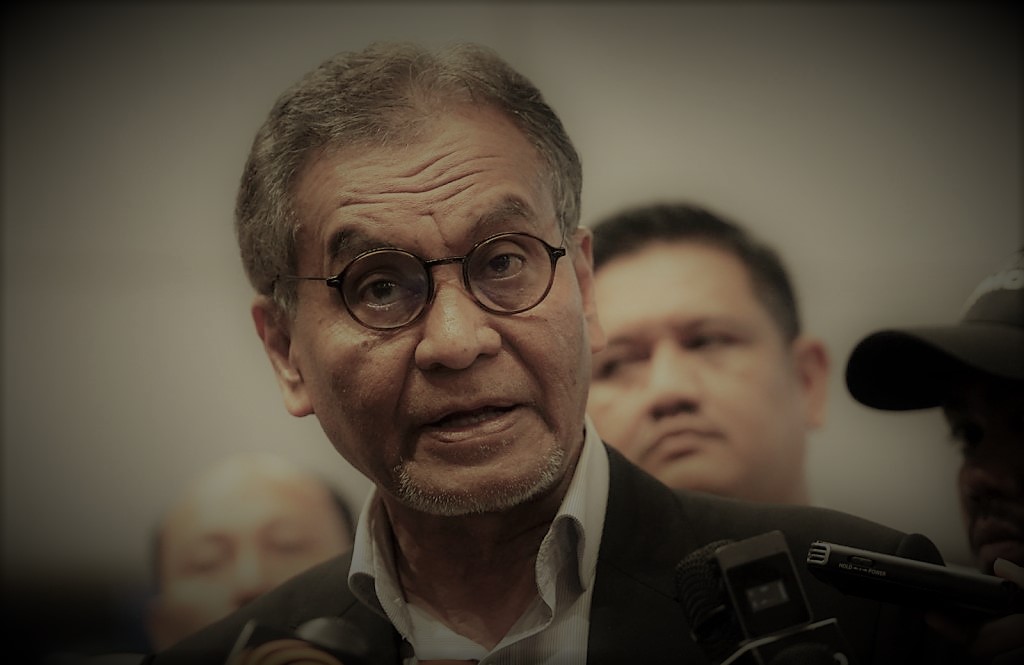Elections serve as the cornerstone of democracy, acting as the mechanism through which citizens exercise their right to choose their representatives and shape the course of their nation’s future. As a global entrepreneur deeply invested in the dynamics of governance, I believe that understanding the significance of elections is paramount for any society striving for progress, development, and inclusivity.
The Importance of Elections for a Country
Democratic Representation: Elections enable citizens to elect leaders who reflect their values, aspirations, and concerns. Through this process, individuals from diverse backgrounds, communities, and ideologies can participate in governance, ensuring a representative system that caters to the needs of the populace.
Accountability and Transparency: A robust electoral system fosters accountability among elected officials. Knowing they must answer to the electorate incentivizes politicians to act in the public’s best interest, promoting transparency, integrity, and responsible governance.
Policy Direction: Elections offer a platform for political parties and candidates to present their policies, ideologies, and visions for the country. This allows voters to make informed choices based on the agendas that align with their beliefs and priorities, thereby shaping the nation’s policy direction.
Peaceful Transfer of Power: In democratic societies, elections facilitate the peaceful transfer of power from one administration to another. This fundamental aspect promotes stability, continuity, and the rule of law, preventing authoritarianism and fostering confidence in the democratic process.
Social Inclusivity: Through elections, marginalized groups, minorities, and underrepresented communities gain a voice in governance. This inclusivity is crucial for promoting social justice, equity, and diversity within the political landscape.
Benefits of Elections
Empowerment of Citizens: Elections empower citizens by granting them the right to choose their leaders and participate actively in shaping their country’s future. This sense of empowerment strengthens civic engagement, fosters a sense of ownership, and enhances democratic values.
Policy Innovation and Adaptation: Competitive elections encourage political parties and candidates to innovate and adapt their policies to meet evolving societal needs. This dynamic process promotes creativity, responsiveness, and the pursuit of progressive solutions to complex challenges.
International Standing: A free, fair, and transparent electoral process enhances a country’s international standing. It demonstrates a commitment to democratic principles, human rights, and the rule of law, attracting investment, fostering diplomatic relations, and garnering global respect.
Social Cohesion: Elections contribute to social cohesion by providing a platform for dialogue, debate, and consensus-building. Despite differing viewpoints, the electoral process encourages peaceful discourse, mutual respect, and a shared commitment to national unity and cohesion.
The Conduct of Elections
Electoral Framework: Countries typically establish electoral frameworks comprising laws, regulations, and institutions responsible for organizing and overseeing elections. This framework outlines electoral procedures, eligibility criteria, campaign rules, and mechanisms for resolving disputes.
Voter Registration: Prior to elections, eligible citizens must register to vote. This process involves verifying identity, age, residency, and other prerequisites to ensure an accurate and inclusive voter list.
Campaigning and Debates: Political parties and candidates engage in campaigning to articulate their platforms, engage with voters, and garner support. Debates, rallies, media coverage, and digital outreach are common methods used during the campaign period.
Election Day: On election day, registered voters cast their ballots at designated polling stations. Electoral authorities oversee the voting process, ensuring fairness, secrecy, and integrity. Measures such as voter education, security protocols, and monitoring mechanisms are implemented to uphold the credibility of the elections.
Vote Counting and Results: Following the close of polls, votes are counted, and results are tabulated. Transparency, accuracy, and timely reporting are essential during this phase to maintain public trust in the electoral outcome.
Post-Election Period: The post-election period involves announcing official results, addressing any disputes or irregularities through legal channels, and facilitating the peaceful transition or continuity of government based on the election outcome.
In conclusion, elections are not merely events but fundamental pillars of democracy, embodying the collective voice, will, and aspirations of a nation’s citizens. Their importance cannot be overstated, as they shape governance, foster accountability, promote inclusivity, and uphold the democratic ideals that underpin a thriving society. As a global entrepreneur committed to progress and ethical leadership, I recognize the pivotal role of elections in driving positive change and shaping a brighter future for generations to come.








